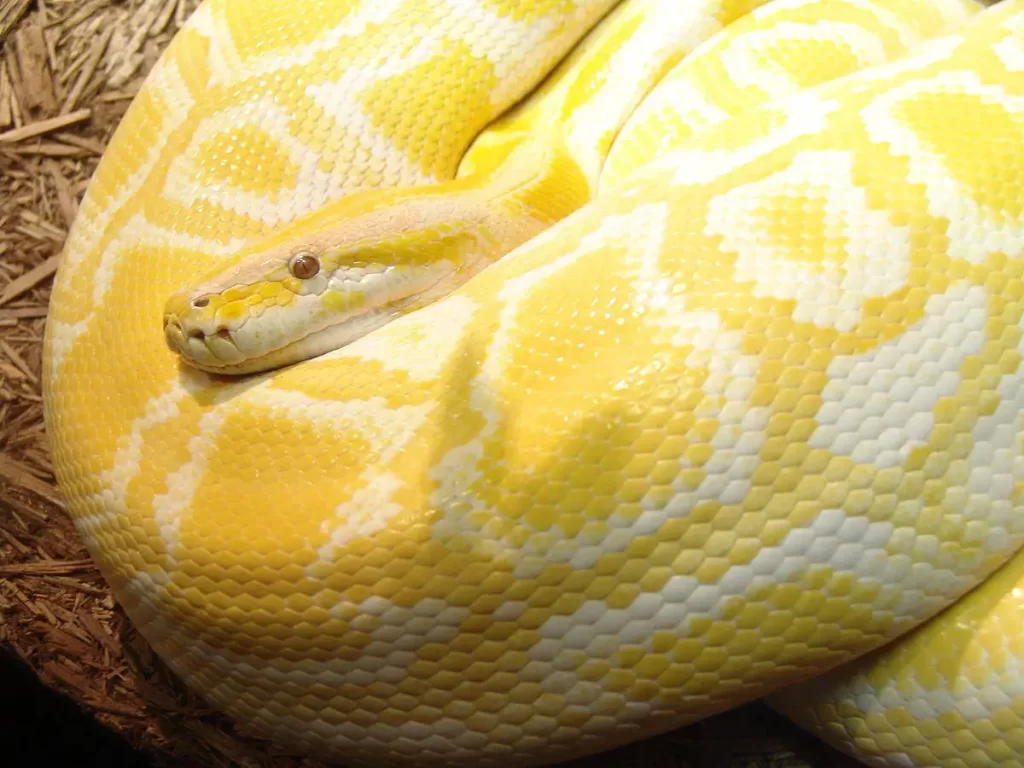From Nutrition to Behavior – Expert Tips About Felines for Every Cat Owner
Cats are beloved companions that enrich our lives with their playful antics and gentle purring. To ensure they lead happy, healthy lives, it is crucial to address their needs. From nutrition to behavior, here are some expert tips to help every cat owner provide the best care for their feline friends.
Optimal Nutrition
Nutrition is the cornerstone of a cat’s health. Cats are obligate carnivores, meaning their diet should be primarily meat-based. When choosing cat food, look for high-quality brands that list meat as the primary ingredient. Avoid products with excessive fillers like corn or wheat. Wet food is often recommended because it provides additional moisture to your cat’s diet, which can be beneficial for their urinary tract and overall hydration. Consult with your veterinarian to determine the appropriate amount of food for your cat based on their age, weight, and activity level.

Hydration and Fresh Water
Cats are notoriously bad at drinking water, which can lead to urinary problems and kidney disease. To encourage hydration, consider providing a pet water fountain. Many cats are attracted to running water, which can stimulate them to drink more. Additionally, incorporating wet food into their diet can help increase their overall water intake.
Litter Box Maintenance
A clean litter box is crucial for your cat’s well-being. Scoop the box daily to remove waste and change the litter regularly to prevent odors and bacteria buildup. The litter box should be placed in a quiet, accessible location, and you should have one box per cat, plus one extra, to avoid territorial disputes and ensure they have a clean place to relieve themselves.
Regular Veterinary Check-ups
Routine veterinary visits are essential for monitoring your cat’s health. Regular check-ups allow for early detection of potential issues, vaccinations, and dental care. The tips about felines can also provide guidance on preventative measures such as flea control and parasite prevention.
Enrichment and Exercise
Cats need mental and physical stimulation to stay healthy and happy. Provide a variety of toys and scratching posts to keep your cat entertained. Interactive toys, like feather wands or laser pointers, can simulate hunting behavior and provide valuable exercise. Additionally, creating vertical spaces with cat trees or shelves can help satisfy their natural climbing instincts and offer new perspectives on their environment.
Understanding Behavior
Understanding feline behavior can help strengthen your bond with your cat and address any issues that arise. For instance, if your cat is scratching furniture, it is a natural behavior for marking territory and maintaining their claws. Providing appropriate scratching posts can help redirect this behavior. Aggression or changes in behavior can indicate stress, illness, or discomfort.
Grooming
Regular grooming is important, especially for long-haired breeds that can develop mats and tangles. Brush your cat regularly to remove loose fur and reduce shedding. Also, check their ears, teeth, and nails as part of your grooming routine to maintain overall health.
Socialization and Affection
Cats are individuals with their own personalities. While some may enjoy being held and cuddled, others prefer a more hands-off approach. Respect your cat’s boundaries and provide affection on their terms. Building trust through gentle interactions and playtime can help strengthen your relationship.


 Keep up with likewise the perfect proportion of temperature and mugginess in the tank. In ball python care, you should continuously check your snake from indications of ailments for example, mouth decay, IBD, rankle illness and respiratory sickness so you can treat
Keep up with likewise the perfect proportion of temperature and mugginess in the tank. In ball python care, you should continuously check your snake from indications of ailments for example, mouth decay, IBD, rankle illness and respiratory sickness so you can treat